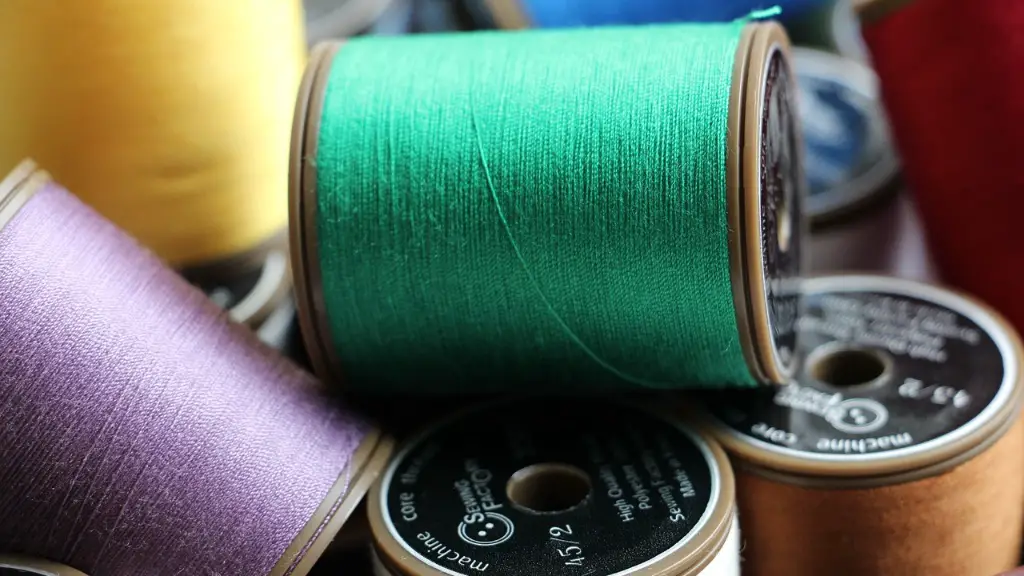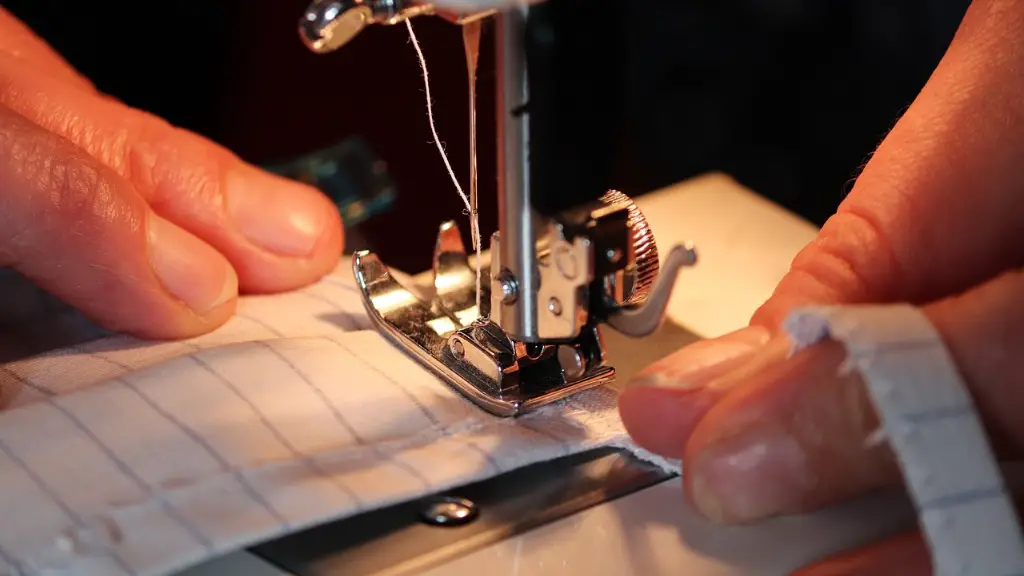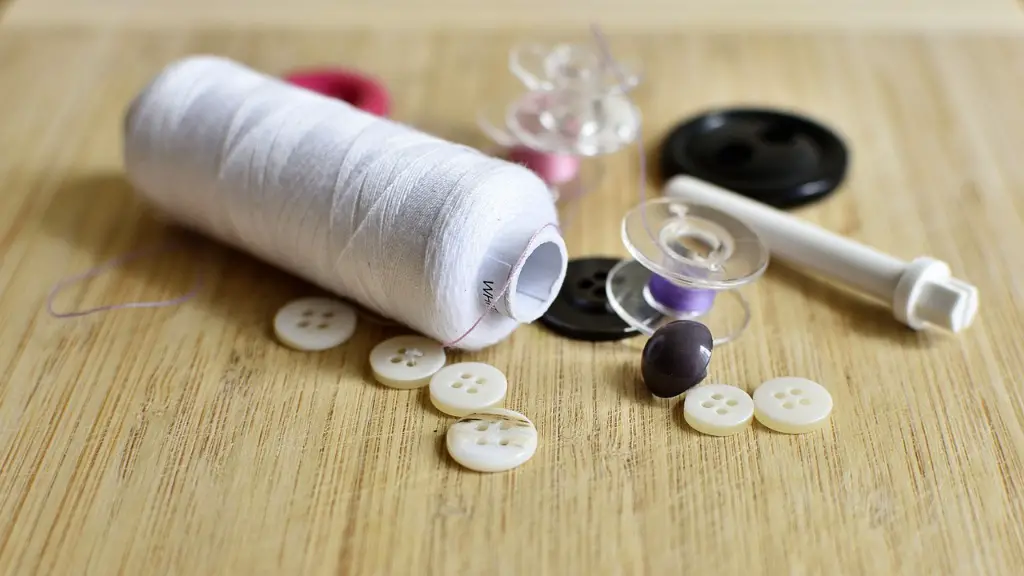Material Constraint
No matter the type of sewing endeavor, the material constraint presents a key consideration in selecting a sewing machine. Cotton works differently than leather, which acts different than silk. Certain machines use specialty needles that are only capable of sewing their own type of material. The bobbin tensions and presser foot pressure must be adjusted to accommodate such differences in material. Specialty threading is also a factor when making certain fabrics like denim or suede.
Ease of Use
The sewing machine’s simplicity of use is a major factor as well. A convenient front-loading bobbin system, a tension dial on the front panel, and manual speed adjustments should be considered necessary functions. The more bells and whistles the machine has the easier it is to use. A good digital guide and troubleshooting section in the instruction manual is also helpful for getting started with the machine.
Durability
If a sewing machine is not made with quality parts and built to last, it can become an expensive repair tech visit. The machine should have a lifetime warranty that is transferable. Quality metal parts and quality plastic parts should always be expected, preferably from a well-known brand.
Price
The cost of a sewing machine should always be weighed carefully. A beginning sewer should consider the purchase of a decently priced machine, while more experienced sewers may opt for a higher-end machine that offers a wider range of features.
Accessories and Features
Pre-programmed stitch patterns, adjustable sewing speeds, and a built-in thread cutter are all desirable features. Accessories like a rolling trolley, carry bag, and shoulder strap make the machine easier to transport. Novelty features like a light-up work area, stitch selector keys and specialty feet (for applique and binding) add to the machine’s convenience.
Recommended Brand
There are many excellent sewing machine manufacturers, ranging from those that produce entry-level machines for the budget-conscious sewer to those that produce professional-grade machines for expert sewers. Among the best-known brands are Brother, Singer, Janome, Viking, Pfaff and Bernina.
Research and Reviews
Research should always include scouring the internet for both professional and consumer reviews of the various models before deciding on a machine. Multifunctional sewers should compare machines based on several criteria, such as sewing speed, number of needles, type of bobbin, type of presser foot, and warranty.
Electronic vs Mechanical
Electronic machines can be easily programed with a variety of settings, while mechanical machines operate by a hand-crank. Contrary to popular belief, both types can deliver good results depending on the project. Those who sew on a professional level will likely want an electronic machine, while a person who intends to do basic alterations or repair clothing, or make a quilt, may prefer a mechanical machine.
Size and Weight
Many people overlook this factor in the buying process. Before settling on a machine that is too big or too bulky, consider exactly how often it will be used, and where it will be stored when not in use. Table-top models are perfect for those who are short on space, but if you anticipate transporting your sewing machine, there are models that are lightweight and compact.
Support and Service
It is important to purchase a machine from a company that has excellent customer service and technical support, as it may be needed once the machine is out of warranty. Receiving reliable service information and even repair tutorials can be invaluable and help a budding sewer save time and money.
Bottom Line
Choosing the right sewing machine can be overwhelming, but with a little research and knowledge, the right one will be found. Before spending a lot of money, carefully consider the criteria discussed in this article. Determine the purpose of the machine and the type of sewing that will be performed. A quality machine should last for many years and offer an abundance of possibilities.


